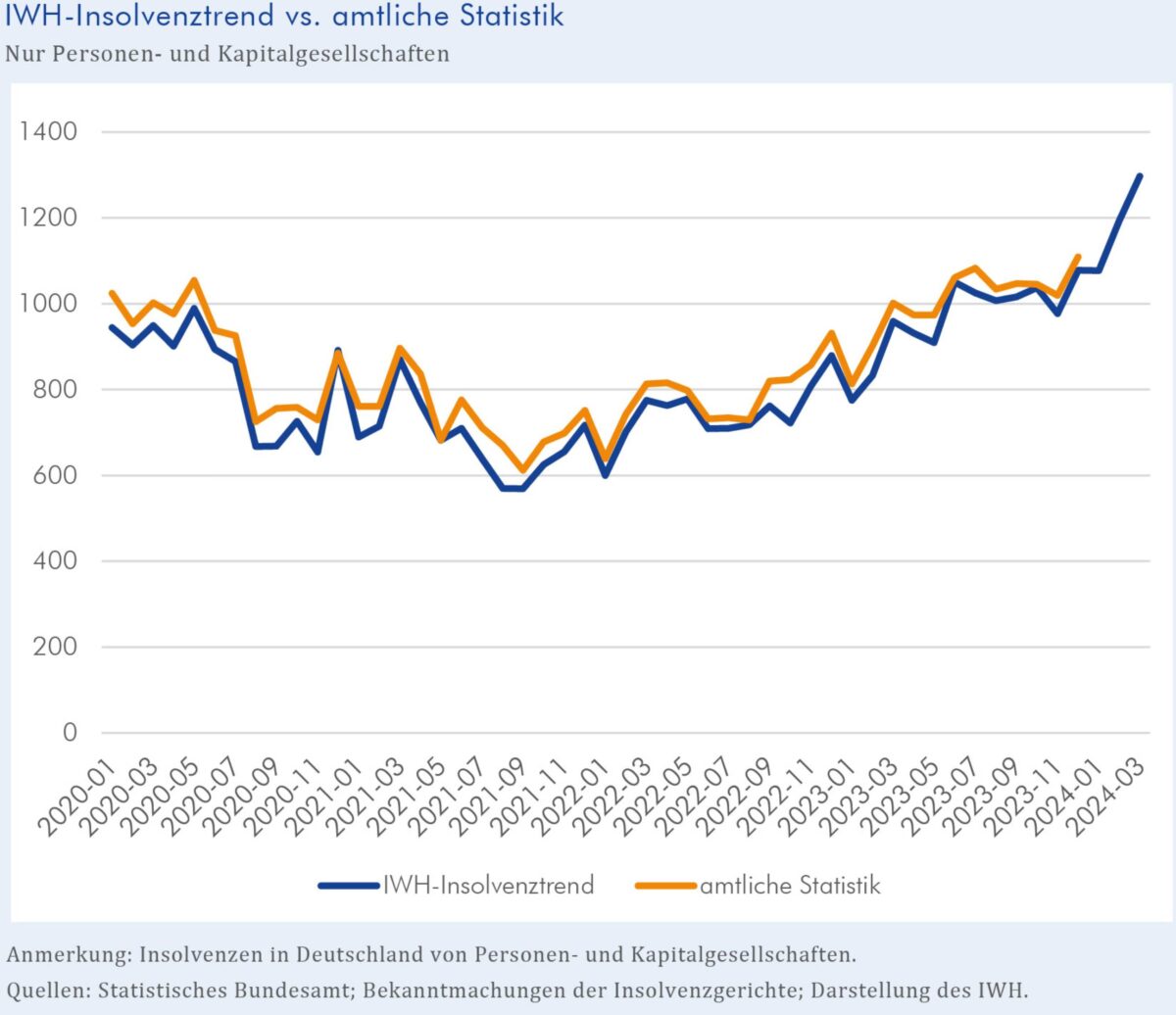FMW-Redaktion
Ja, ganz real verfinstern sich die Wolken am britischen Arbeitsmarkt nach dem Brexit-Vote. Und diese Info kommt von einer Seite, die es nun wirklich wissen muss. Die privaten Arbeitsvermittler sollten es ja wirklich wissen, denn anders als die Ämter müssen sie Arbeitslose vermitteln, wenn sie Provision kassieren wollen. Der britische Verband für Personalvermittlung „REC“ hat heute früh eine Studie veröffentlicht, wonach die Zahl der neu ausgeschriebenen unbefristeten Arbeitsstellen im Juli so stark zurückgegangen ist wie zuletzt während der Finanzkrise 2009.
Verbandspräsident Kevin Green sagt dazu der Arbeitsmarkt habe im Juli einen „dramatischen“ Fall erlebt. Die wirtschaftlichen Turbulenzen nach dem Brexit-Vote seien ohne Zweifel der Grund dafür. Die Arbeitgeber würden derzeit neue Mitarbeiter nur noch befristet einstellen. Aber man muss immer noch sagen: Die offizielle (!) Arbeitslosenquote in UK ist immer noch ziemlich niedrig mit 4,9%. Aber wir haben ja schon öfters geschrieben, was wir von offiziellen Arbeitslosenzahlen halten… hier der Originalkommentar von Kevin Green zum UK-Arbeitsmarkt:
“The UK jobs market suffered a dramatic freefall in July, with permanent hiring dropping to levels not seen since the recession of 2009. Demand for staff remains strong with vacancies continuing to rise, but the sharp fall in placements suggests that businesses are highly cautious about committing to new hires. Economic turbulence following the vote to leave the EU is undoubtedly the root cause.
“The record-high employment rate and ongoing skill shortages have made it difficult for employers to find suitable candidates for the roles available in the past, and this remains the case. We’re now seeing the added problem of individuals deciding to stay put rather than change jobs in the current environment.
“While there are worrying signs, it’s important we don’t jump to conclusions from one month’s data. The truth is we don’t know what long term consequences the referendum result will have on UK jobs; with the political situation becoming more stable and the Bank of England making sensible decisions, we may well see confidence return to the jobs market more quickly than anticipated.”
–
–
Die Key Facts der REC im Original:
–
–
Permanent placements fall at steeper rate…
The number of people placed in permanent roles decreased for a second successive month in July. Moreover, the rate of contraction accelerated to the sharpest since May 2009, with panellists frequently citing Brexit-related uncertainty. A particularly marked impact was reported by consultancies based in London.
…while temp billings growth eases further
Temporary/contract staff billings continued to rise in July, with some panellists indicating that clients had shifted focus towards short-term staff amid an uncertain economic climate. However, the latest increase in billings was the weakest in ten months.
Permanent salaries rise at slowest rate in over three years
Starting salaries for successful permanent candidates increased further in July. That said, the rate of growth eased to a 38-month low. Temporary/contract staff pay meanwhile rose at the slowest rate since February.
Candidate availability remains tight
Permanent staff availability continued to fall in July. The rate of decline eased to the slowest since October 2013, although remained marked overall. Temporary/contract staff availability meanwhile decreased at the sharpest pace since February.
Regional and sector variation
The most marked decline in placements was seen in London, while falls were also recorded in the Midlands, South and Scotland. Only the North saw a rise in placements (albeit the weakest in over three years).
Higher temp billings were recorded across all regions with the exception of London, where the rate of decline was the most marked in seven years.
Growth of demand remained stronger for private sector roles than those in the public sector during July. Private sector temporary workers again registered the fastest increase overall.
Nursing/Medical/Care was the most in-demand category for permanent staff during July. On the other hand, Construction workers saw a decline in demand for their services, albeit modest overall.
Mirroring the trend seen for permanent staff, Nursing/Medical/Care was the most sought-after category for short-term employees during July. The slowest growth was signalled for Executive/Professional staff
Kommentare lesen und schreiben, hier klicken













https://www.google.de/search?q=REC&ie=utf-8&oe=utf-8&client=firefox-b&gfe_rd=cr&ei=hOCkV5W5BOSA8QeliJSQCA#q=Rec+UK+jobs+market+suffered+a+dramatic+freefall+in+July%2C
Ist ja wie eine Pflichtübung, alle bringen diese Rede des REC mit genau dem Anfangssatz: –> Mirror, ft, Reuters (Amen), bbc, dw „Deutsche Welle“ auf englisch, yahoo, aol, (beidesmal deren news-Seite, sowas Ähnliches wie die gmx-Schlammseite!) heraldscotland, TheTimes, belfasttelegraph usw.
Na brav, willkommen im Club.